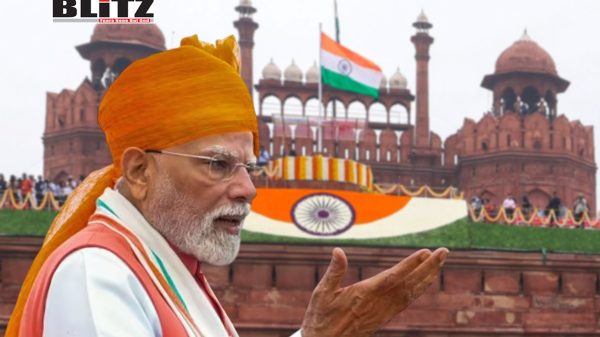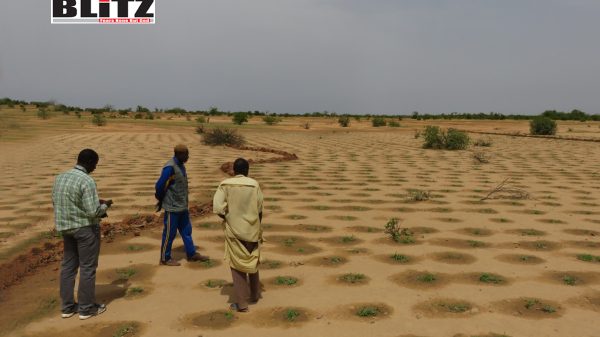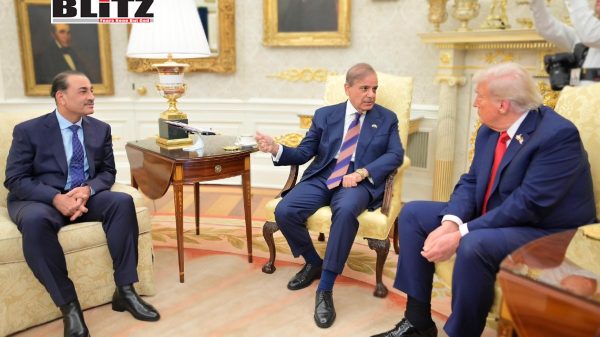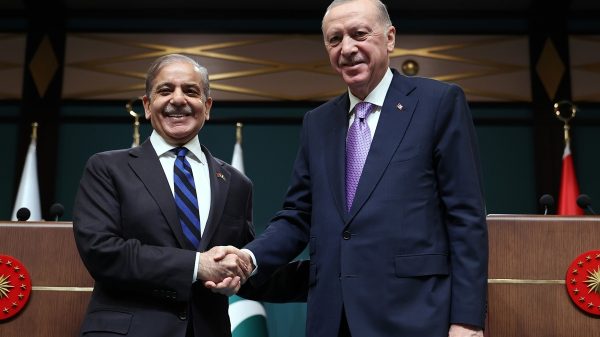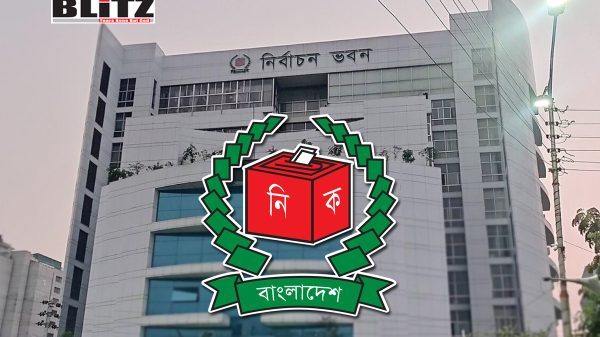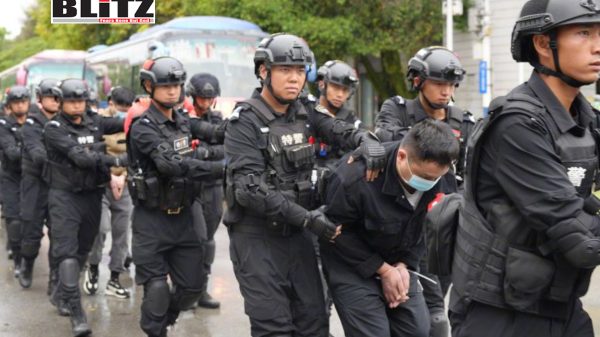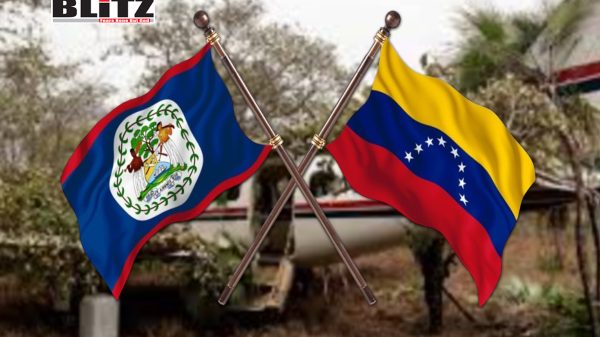The shadow war on Bangladesh: Pakistani ISI and Hamas attempt to turn the country into a Caliphate
- Update Time : Sunday, January 19, 2025
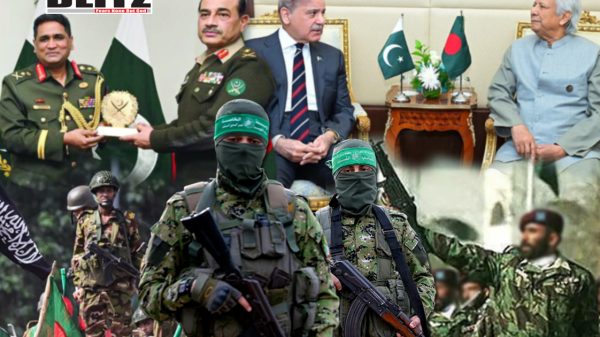
Bangladesh stands at a pivotal crossroads, where its sovereignty and identity face unprecedented threats from external and internal forces. The nation’s hard-fought independence, achieved through immense sacrifices in 1971, is now being challenged by those who seek to rewrite its history and realign its future with ideologies it once vehemently opposed. The resurgence of pro-Pakistan narratives, coupled with Islamist ambitions to establish a caliphate, represents a direct assault on the country’s democratic foundations. The Bangladesh Armed Forces, as steadfast guardians of the nation’s sovereignty, must act decisively to counter these conspiracies. The people of Bangladesh, united in their commitment to freedom and independence, must rise above divisive influences and reaffirm the ideals that have shaped their nation. The stakes are not just political but existential, as the very essence of Bangladesh hangs in the balance.
Pakistan’s military establishment, its notorious espionage agency Inter-Services Intelligence (ISI), and political allies are reportedly elated as Bangladesh shows signs of shifting towards anti-India sentiment and an Islamist agenda. Islamist, jihadist, and caliphate-seeking factions, led by prominent figures like Trump-critic Muhammad Yunus, aim to transform Bangladesh into an “Islamic Republic” or a caliphate. This development has fueled Islamabad’s aspirations of a new “Bangladesh 2.0”, with some Pakistani commentators suggesting a future confederation with Pakistan.
Pakistani media have amplified these claims, with some even referring to “Bangladesh 2.0” as “East Pakistan”. They label the post-1971 Bangladeshi governments as “tyrannical regimes”. Referring to the events of August 5, 2024 – when Prime Minister Sheikh Hasina fled to India amid widespread protests of students, Islamist and jihadists – Pakistani media describes this as a “revolutionary movement” against alleged decades of oppression.
One commentator celebrated the 76th death anniversary of Muhammad Ali Jinnah, Pakistan’s founder, which was commemorated in Dhaka on September 11, 2024. Held at the National Press Club, the event marked a significant shift in Bangladesh’s stance toward Pakistan. Organized by the Nawab Salimullah Academy, it featured Urdu songs and poetry and was attended by pro-Pakistan retired military officers, academics, diplomats, and civil society members.
Speakers at the event emphasized Jinnah’s role in creating Pakistan and suggested renaming Dhaka’s historic Bangabandhu Avenue as Jinnah Avenue. Furthermore, in 2024, Bangladesh purchased ammunition, RDX explosives, and high-intensity projectiles from Pakistan Ordnance Factories. The Bangladesh Air Force also participated in Pakistan’s multinational military exercise, “Indus Shield-2024”, reportedly exploring the acquisition of JF-17 fighter jets.
However, the Bangladesh Army remains a significant obstacle to Islamabad’s ambitions of turning Bangladesh into an “Islamic Republic” or a confederation with Pakistan. The patriotic members of Bangladesh’s armed forces have consistently stood against any attempt to undermine the country’s sovereignty or the legacy of its 1971 independence war.
Amid these dynamics, Islamist groups such as Ansarullah Bangla Team (ABT), Hizb Ut Tahrir, and affiliates of Al Qaeda and ISIS are actively working to establish a caliphate in Bangladesh under the leadership of Muhammad Yunus. Recognizing the Bangladesh Army as a critical barrier, Pakistan’s ISI has intensified efforts to weaken it. This includes appointing influential lobbyists in the United States to lobby against Bangladesh’s armed forces.
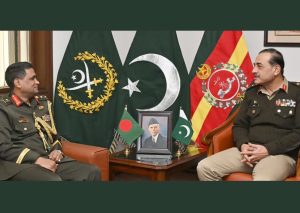
Pakistan’s army chief, General Asim Munir with Lieutenant General SM Kamrul Hassan, an officer in the Bangladesh military
In parallel, Hamas has reportedly mobilized support from pro-Palestinian lawmakers, including Alexandria Ocasio-Cortez, to push for Bangladesh’s removal from the United Nations peacekeeping missions. They are also advocating for sanctions against the Bangladesh Army based on allegations of genocide and human rights violations, citing cases of extrajudicial killings and forced disappearances being prosecuted by the International Crimes Tribunal. Earlier, some courts in Bangladesh handed death penalty and life-term imprisonment to several army officers by accusing them of participating in extrajudicial killings and forced disappearance. There had also been well-orchestrated propaganda claiming, intelligence and counterterrorism agencies in the country were running secret detention centers. Furthermore, months before the ouster of Sheikh Hasina from power, an organization named ‘Mayer Daak’ was getting extensive coverage in the international media for its call for return of “disappeared” family members of the organizers of this group. Surprisingly, following ouster of Sheikh Hasina, “Mayer Daak” has vanished thus proving, its actions, which received direct patronization of the Biden administration as well as the US Embassy in Dhaka, including Ambassador Peter Haas was aimed at putting unfounded allegations of Awami League as well as country’s law enforcement and counterterrorism agencies – including Rapid Action Battalion (RAB) and Directorate General of Forces Intelligence (DGFI).
It may be mentioned here that, during the anti-Hasina protests, the visibility of Palestinian flags surged on the streets of Bangladesh. Since Sheikh Hasina’s ouster and Muhammad Yunus’s rise to power, pro-Palestinian sentiments have increased, with Palestine being portrayed as a symbol of resistance against authoritarian rule.
Counterterrorism expert Damsana Ranadhiran commented on the concerning implications of these developments. “In the US, Jamaat-e-Islami and the Muslim Brotherhood maintain deep connections with influential figures in Congress and intelligence agencies. If credible evidence of alleged human rights violations by the Bangladesh Army surfaces, it could severely harm the country’s international standing”, he warned.
Ranadhiran further emphasized that the Bangladesh Armed Forces are fundamentally opposed to Islamism and jihadism. They play a crucial role in preserving the country’s democratic fabric and preventing any attempt to establish an Islamic Republic or caliphate. “The activities of ISI-appointed lobbyists and pro-Hamas lawmakers should be monitored and countered with utmost urgency”, he added.
A Canadian legal expert, speaking anonymously, expressed alarm over the apparent resurgence of pro-Pakistan sentiment in Bangladesh. “Bangladesh achieved independence in 1971 after a brutal war that claimed three million lives and saw the mass violation of women. It is incomprehensible that a nation subjected to such genocide could consider aligning with its former oppressors”, he remarked.
He further noted that the pro-liberation forces in Bangladesh still outnumber those with pro-Pakistan sympathies. However, he warned that the nation’s sovereignty could be jeopardized if these elements are not confronted promptly. “The patriotic forces of Bangladesh, including its armed forces, must unite to thwart any conspiracy against the country”, he urged.
As Bangladesh crosses these turbulent waters, its future hinges on the resilience of its democratic institutions and the vigilance of its armed forces. The country’s sovereignty, identity, and independence remain under threat from forces seeking to exploit internal divisions for their gain.
Bangladesh finds itself at a critical juncture, where its sovereignty and democratic values are being tested by both internal extremism and external interference. The attempts to undermine the nation’s independence and align it with regressive ideologies serve as a stark reminder of the enduring importance of vigilance and unity. The Bangladesh Armed Forces, as the custodians of national security, and the pro-liberation forces must work in unison to safeguard the country from these existential threats.
The resilience of the Bangladeshi people and their commitment to the ideals of independence must shine through during these turbulent times. This is not merely a battle against adversaries but a defense of the nation’s identity, its hard-won freedoms, and its aspirations for a future grounded in progress and peace. The world is watching, and Bangladesh must reaffirm its position as a sovereign, democratic, and united nation.



